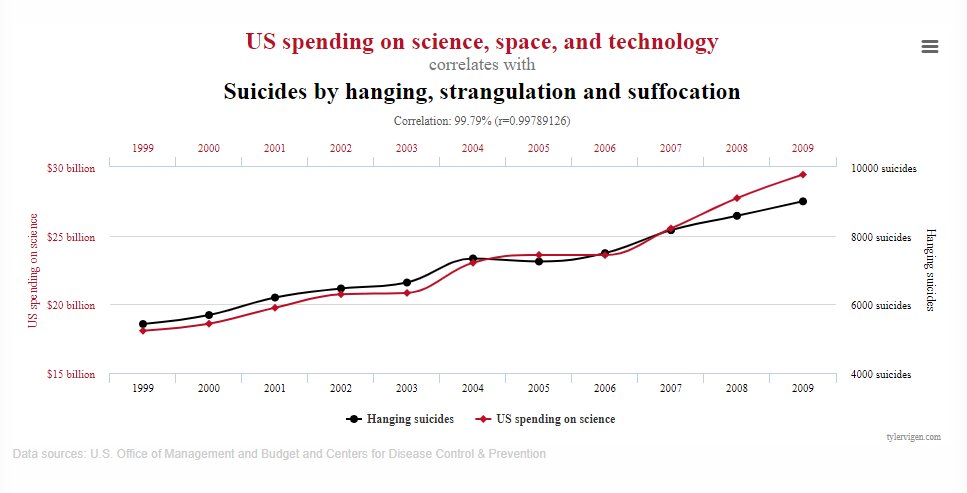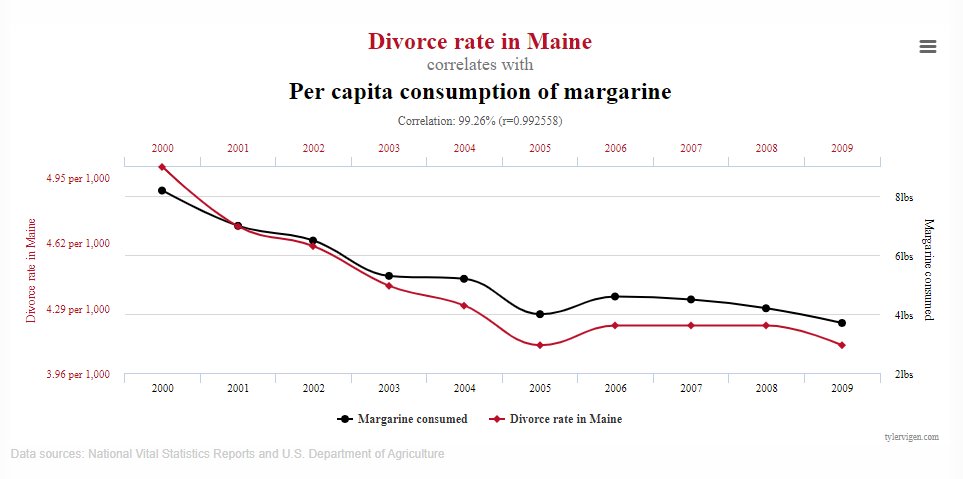
So, this is doing the rounds, and an 8.5-point drop in IQ does seem terrifying post-COVID, but I think there are a few things about the study that are worth pointing out
https://twitter.com/AliNouriPhD/status/1318967587796099074
You can find the study here. It's a fairly simple examination of a very large database of people doing psychometric tests online in Britain
medrxiv.org/content/10.110…
medrxiv.org/content/10.110…
The researchers recruited 84,000 people starting in December 2019, and mostly in the months of January and May 2020, to do a series of tests that measure cognitive ability (not IQ per se, but similar in nature)
They found that those who reported having more symptoms consistent with COVID-19 had a lower score on these cognitive tests, and therefore concluded that "COVID-19 infection likely has consequences for cognitive function"
Scary!

Scary!


But astute readers will probably already see an issue here
If they recruited starting in December, and had many responses in January in Britain...how could these people have been COVID-19 patients?
If they recruited starting in December, and had many responses in January in Britain...how could these people have been COVID-19 patients?
Long story short: they weren't. Of the 84,000 people who did the cognitive tests, only ~361~ reported having a confirmed case of COVID-19
That's, uh, not ideal
That's, uh, not ideal

Now, while this did represent the majority of hospitalized cases, it's still a bit of a problem for a paper looking at COVID-19 specifically to have very few cases of COVID-19 to examine!
I think it's probably fair to say that the results show that people who have recently experienced a major hospitalization have worse cognitive processing than people who haven't
I definitely don't think that you can infer from this research anything in particular about COVID-19 infections and IQ in general
• • •
Missing some Tweet in this thread? You can try to
force a refresh
















